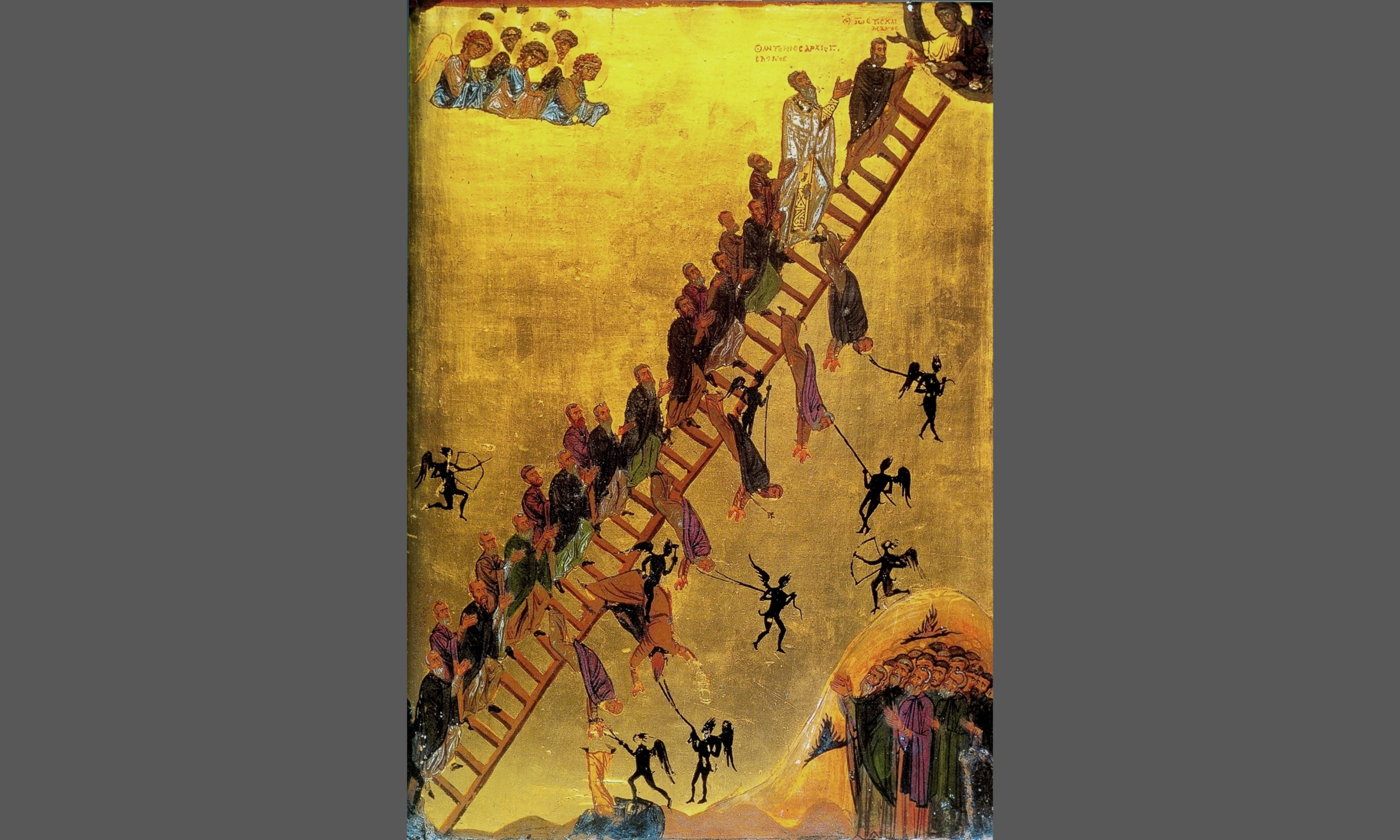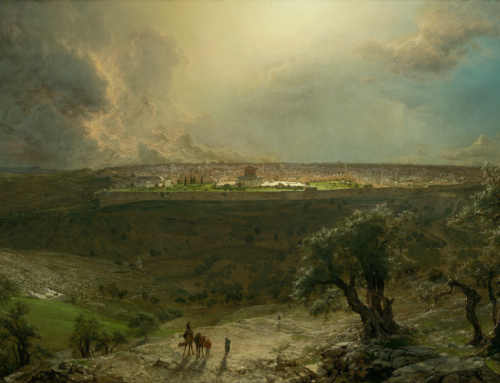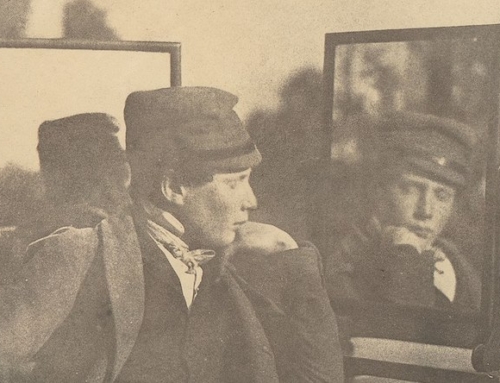“Our struggle is not with flesh and blood,” Saint Paul reminds us today. Our struggle is not with our political opponents. Our struggle is not with co-workers or difficult family members. Nor is it with systems, structures, or states. Not one of these is the arena of struggle. No, says Saint Paul, our struggle is “with the principalities, with the powers, with the world rulers of this present darkness, with the evil spirits in the heavens” (Eph 6:10). We are warned to “stand firm against the tactics of the Devil.”
Saint Paul uses the language of spiritual warfare. Satan is a military tactician in command of a demonic army, and he does not wage war aimlessly. He “prowls around like a roaring lion” seeking the ruin of souls (1 Pet 5:8). He “disguises himself as an angel of light” (2 Cor 11:14) and works “false signs and wonders” (2 Thess 2:9).
If we are a part of the angelic army opposing Satan, what are our tactics? Paul might surprise us. On the whole, ours is a defensive strategy. Paul does not urge us to hunt down demons. He tells us to “put on the armor of God so that” we “may be able to stand firm” and “resist on the evil day.” We are to “hold [our] ground” and “stand fast with [our] loins girt in truth.” We are to don a breastplate, footwear, a shield, and a helmet. Only at the very end does Paul mention a weapon. We are to take “the sword of the Spirit, which is the word of God” (Eph 6:17)
Why a defensive strategy? Because the Son of David has already launched the offensive. Like his father, David, he bared himself before the goliath enemy. He “emptied” and “humbled himself by becoming obedient to the point of death, even death on a cross” (Phil 2:7-8). From the cross, he struck Satan’s brow. There, “he disarmed the rulers and authorities and put them to open shame, by triumphing over them” (Col 2:15). Through his death, he destroyed “the one who has the power of death, that is, the devil” (Heb 2:14). The victorious offensive campaign has already been accomplished.
A “struggle” with principalities and powers continues, however, because Satan’s defeated forces continue to harass the rear and flanks of the Victor’s army as he leads them Homeward. Although these enemy forces have no power to conquer Christ’s army—”the gates of the netherworld shall not prevail against” the Church (Matt 16:18)—they do attempt to capture, and sometimes succeed in capturing, individual souls. This is why, even with the assurance of the triumph of the Cross, we maintain our rearguard. Perhaps that is why protection from the “evil one” is only mentioned at the end of the Our Father and why Paul mentions these defensive strategies only at the end of his letter to the Ephesians. The Church militant does not march toward an enemy, but toward God. Her earthly mission consists in announcing the Glad Tidings of victory, spreading the Kingdom of God, and enlisting as many souls in her ranks as she can on her way to Glory.
Until the day the devil is forever “thrown into the lake of fire and sulfur” (Rev 20:10), we keep guard, standing firm against his tactics. We put on “the armor of God,” which is none other than Christ himself with whom we were “clothed” in our baptism (Gal 3:27). We wield the sword of the Holy Spirit, the Advocate. Our defenses and weapons are far superior to those of the Enemy, so we need not fear. But let us heed Paul’s warning and not fail to take them up even as we announce the Victory already won.
✠
Image: Anonymous, Ladder of Divine Ascent







